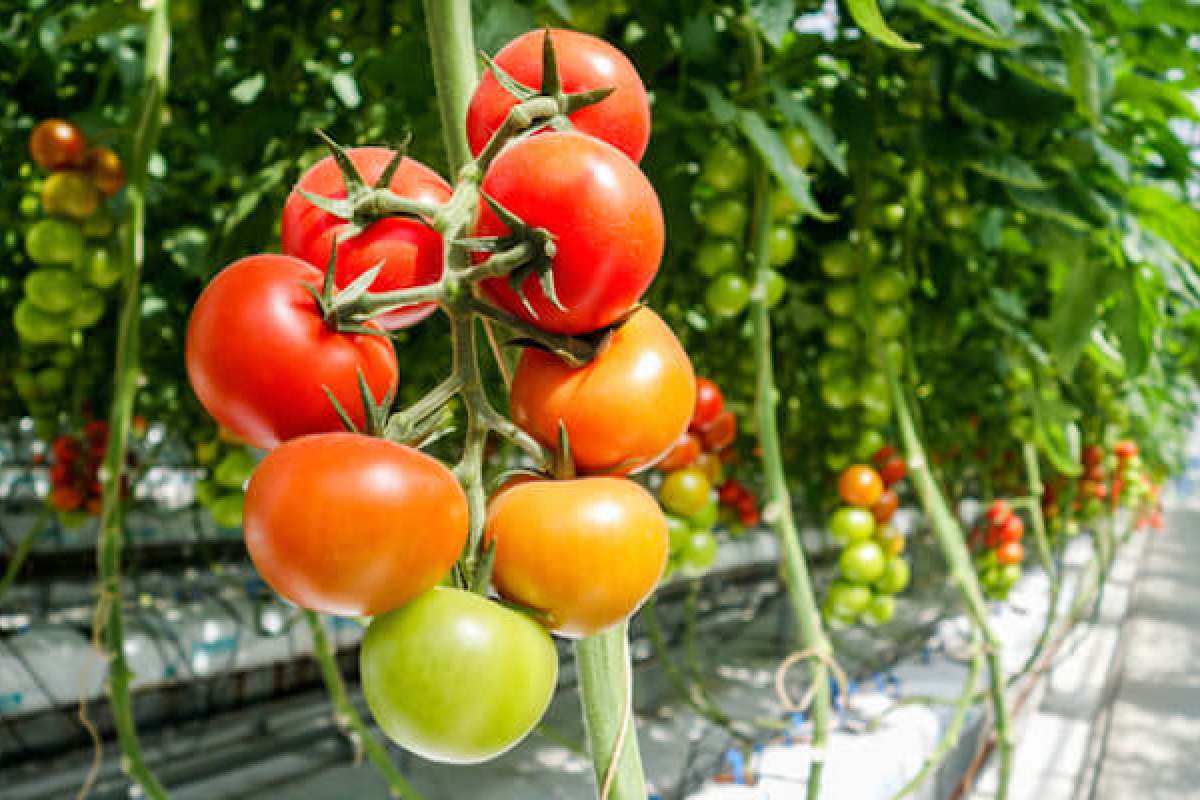In an era where the balance between agricultural productivity and environmental
preservation is crucial, we proudly invest in modernized sustainable agriculture,
focusing on innovative techniques like precision farming and vertical
agriculture. These
methods not only enhance crop yields but also minimize our ecological footprint,
ensuring a healthier planet for future generations.
Precision farming represents a technological revolution in agriculture. By
utilizing
GPS, IoT sensors, and big data analytics, we can now monitor and manage field variations
with unprecedented accuracy. This means applying the right amount of water, fertilizers,
and pesticides exactly where and when they are needed, reducing waste and environmental
impact. Our investment in this smart farming approach leads to higher efficiency, lower
costs, and a significant reduction in the use of chemical inputs, thereby protecting
soil health and biodiversity.
Vertical agriculture, another pillar of our investment, transforms the concept of
farming in urban environments. By growing crops in vertically stacked layers, often in
controlled environments, we maximize space efficiency and significantly cut down on
transportation emissions. This method uses up to 70% less water than traditional
agriculture and eliminates the need for pesticides, offering a sustainable solution for
feeding the growing urban populations.
Through these innovative agricultural practices, we are committed to nurturing a
sustainable future, where technology and ecology harmoniously coexist, fostering a world
where both humanity and nature thrive.

